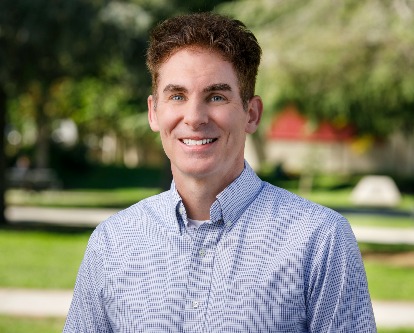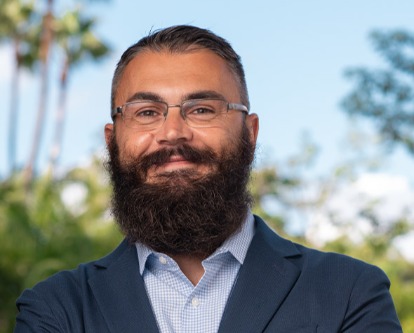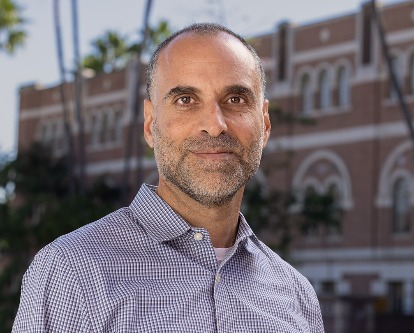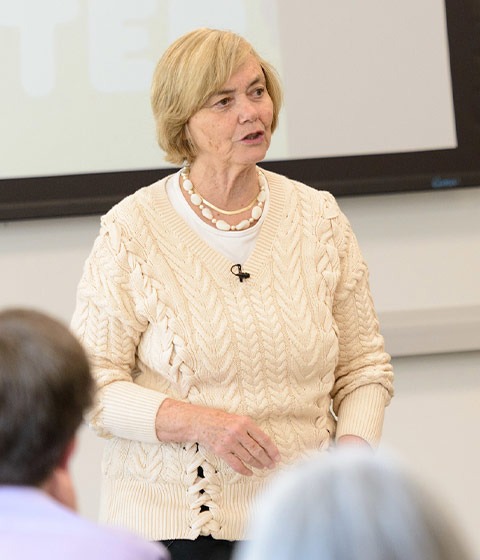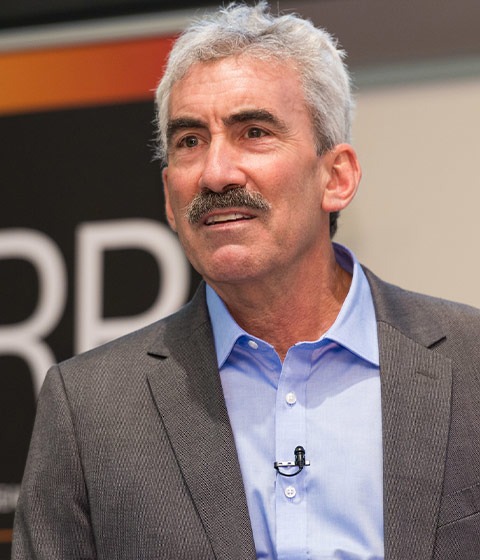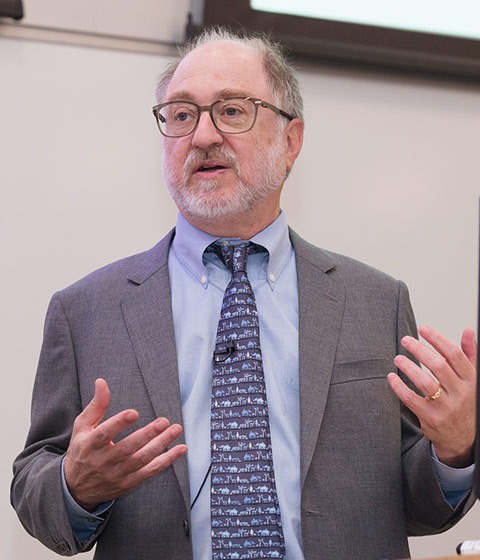
Institute for Outlier Research in Business (iORB)
iORB is a new type of business research institute. Our plan is nothing less than to revolutionize research that is performed at Marshall and other business schools, with the goal of encouraging work that has the potential for a transformational impact on society.
The institute was in part formed based on a belief by many leading scholars that decades of status quo thinking has created a focus on incremental research, and that bold changes are needed to re-incentivize society’s best researchers to work on issues that more profoundly impact business and society at large. Specifically, iORB provides resources for researchers, managers and policy makers to encourage, fund, and reward outlier research through entrepreneurial programs and initiatives.
We are also working to recruit the most impactful academics, who have already demonstrated the ability to change the way business operates. Currently iORB has three main programs: Outlier Research Funding, a Distinguished Visiting Fellows Program, and Conference Funding.

